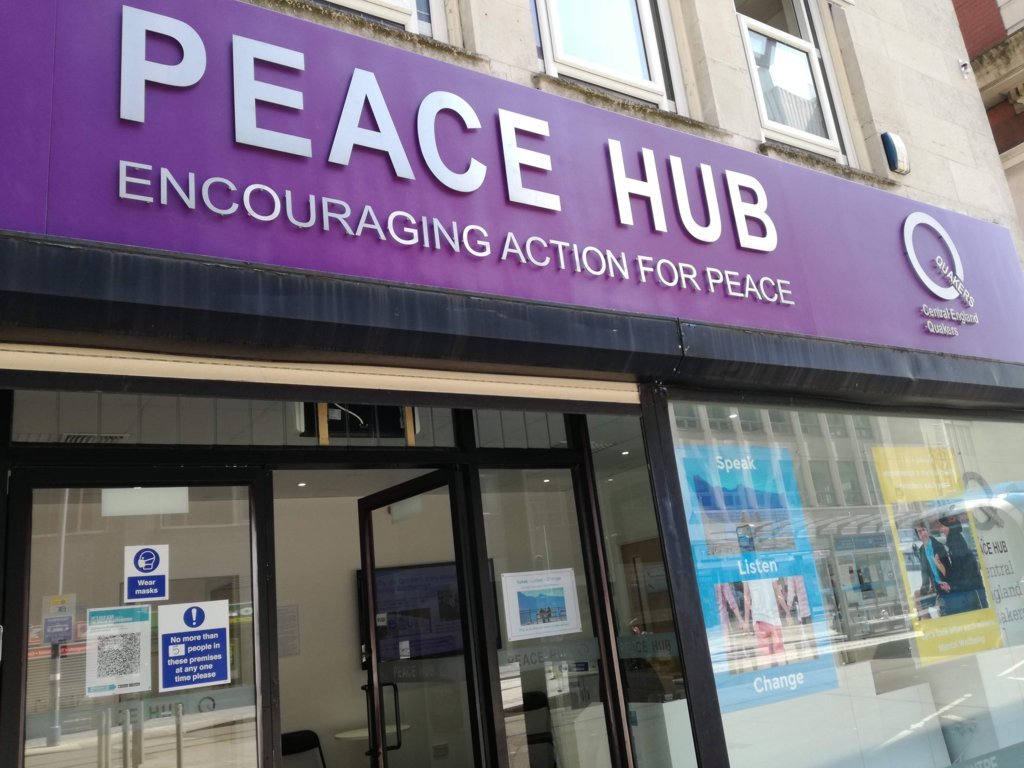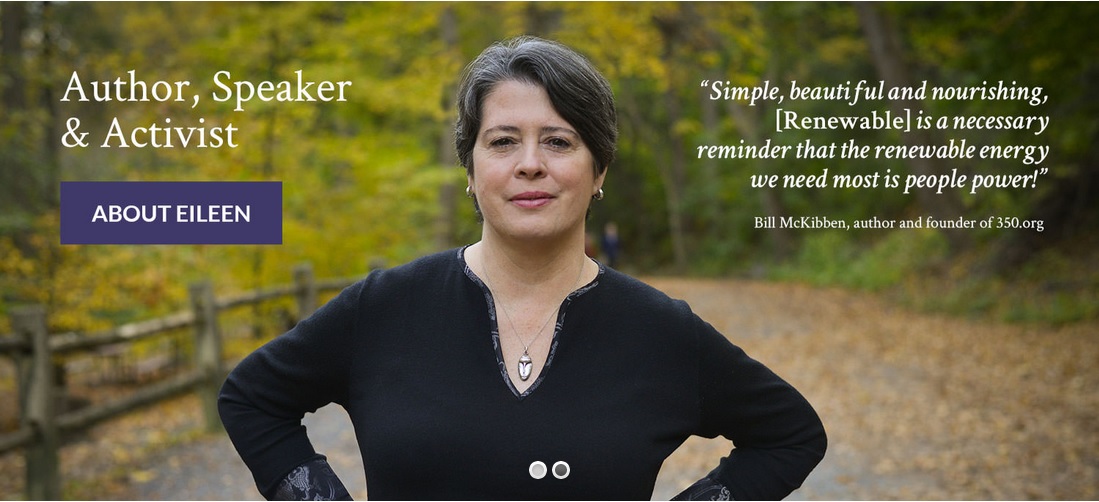Many thanks to Eileen Flanagan of Earth Quaker Action Team (EQAT), who gave an inspirational talk yesterday, helping us to find hope following the conclusion of the Paris Climate Conference.
Eileen highlighted the positive outcomes of the Paris summit (particluarly the ambition to limit global warming to 1.5C) and contrasted this with the detail of the agreement (which would allow much more warming than that.) So it’s up to us to hold governments (and corporations) to account, and use that 1.5C target to highlight and change policies that will prevent us meeting it.
Eileen offered us insight into one tool we can use to do this: direct action, focussed on forcing a specific policy change from a specific organisation. Drawing on EQAT’s achievement in getting PNC (a major US bank) to stop funding mountain top removal (a highly destructive way of extracting fossil fuels), she showed how well-planned, creative acts of civil disobedience can make a real difference.
There was some unease from the audience when a carefully orchestrated action, in which all the participants wore identical T-shirts with a single message, was contrasted with an ad-hoc protest in which a group held banners of varying slogans: were we being called to give up our individual identities to create a uniformed bloc? No, responded Eileen: loving, spiritually grounded groups of activists can nurture individuals, even if they sometimes all put on the same T-shirt for an event. And while there is value in the occasional spontaneous protest when we feel a policy is so wrong that we can’t stay silent, the careful co-ordination and targeting of an action can make it much more effective at achieving change.
Another participant recalled times they had taken part in direct action that had gotten out of hand, and lost sight of its peaceful aims. This is where spiritual grounding and a creative approach are invaluable said Eileen. She recalled times when using silent Quaker worship as a form of protest had not only ensured that participants remained grounded in the purpose of action, but had actually been far more challenging to the decision makers they were trying to influence. After all, it is easy to dismiss a shouting rabble as deluded, but how do you deal with a group silently but determinedly witnessing for peace & justice?
After reading so many responses to Paris, from highly positive to intensely pessimistic, this discussion was a great chance to think about positive practical steps for the future. You can read more of Eileen’s thoughts on using civil disobedience on the Quakernomics blog, and find out more about her personal journey in her new book Renewable: One Woman’s Search for Simplicity, Faithfulness & Hope.


